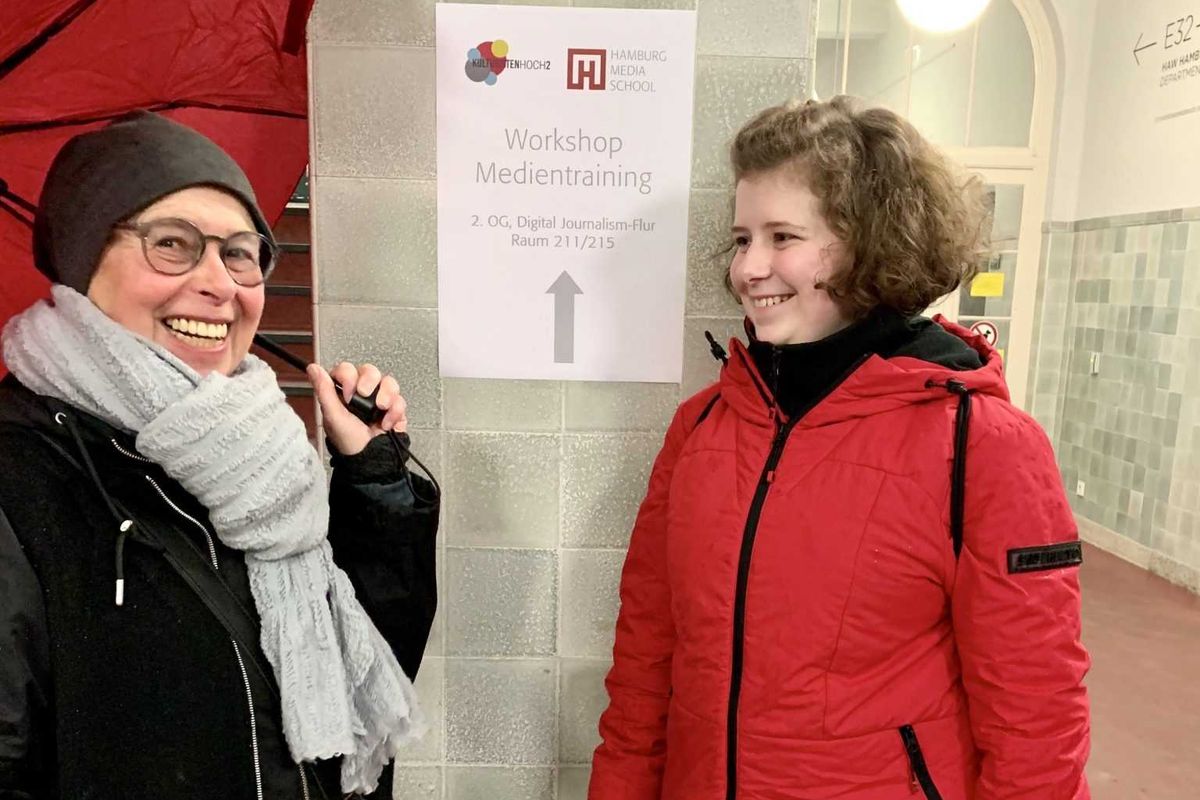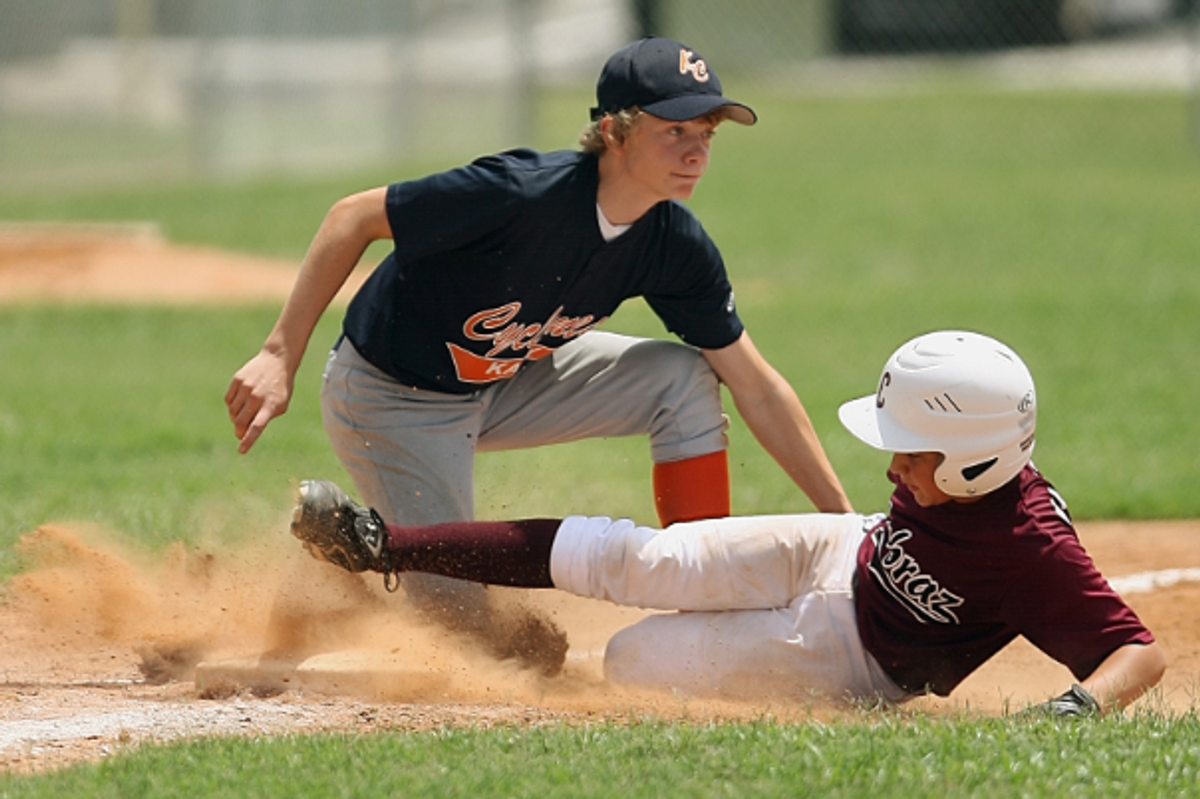New loneliness study shows that people care about you more than you think
A recent study on loneliness shows how your loneliness underestimates how loved you are.

A new study published by the American Psychological Association is revealing more about how loneliness affects our brains. Published in the Journal of Personality & Social Psychology, Dr. Edward Lemay Jr. of the University of Maryland and his colleagues decided to test previous research that indicated that loneliness increases negative biases in social perception and heightens a person’s social sensitivity.
The hypothesis was that lonely individuals would hold onto negative biases and perceptions towards their closest friends, family, and partners. These negative biases doubting and questioning a loved one’s responsiveness and care would explain why loneliness can feel like a persistent cycle since it further reduces relationship satisfaction and intimacy. In short, it would explain why some lonely folks feel lonelier and lonelier over time.

Lemay and his team tested this theory with three different studies. The first one included 255 undergrad students who identified three close relationship partners including family, friends, and romantic partners. The participants would self-report their levels of loneliness and answer questionnaires designed to measure their perceptions of each relationship partner’s regard, responsiveness, and communal motivation. Meanwhile, the relationship partners named in the study would self-evaluate their regard and care of the participant.
The second study was focused on 236 romantic couples who completed similar self-reports while also including two friends who were familiar with their relationship providing their independent assessment of each partner in the relationship. The third study had observers track 211 romantic couples, recording their daily interactions along with taking each partner’s self-assessment of the relationship within a two-week period.
All three studies ended with indications that loneliness was linked to negative bias towards care and regard displayed by the people they were closest to. In the first study, lonely participants underestimated how much their relationship partners cared about them, with data showing discrepancies between the participants’ reports and the reports from their family, friends, and romantic partners. In the second study, loneliness predicted lower perceptions of partner regard and care in romantic relationships when compared against partner self-reports and friend informant reports. The third study? Lonely individuals underestimated their partners’ responsiveness, in spite of when their third-party observers rated the partners as supportive.

So all of that means that while the feeling of loneliness is real, the perception of it might be greater than reality. However, if you have experienced loneliness you know how hard it can be to tell yourself that people around you actually do care about you. But the truth is that even if you are truly lonely, scientifically speaking, you’re probably not as isolated as you perceive yourself to be. Loneliness itself is hard on a person, increasing the risk of cardiovascular disease and depression among other physical health issues.
So what can be done to combat loneliness? Well, that’s when effort needs to be put in. Reach out to your loved ones, as that they likely care more than you believe. Be honest with them about how you feel and let them know what they could do to help you feel better.

You should also do your best to interact with others more, whether it's outside in the public or online. Take a class in something you enjoy to learn more about it around other people who share your interest. Even if you still get that lonely feeling, you will have learned something. Get involved in volunteering. If you still feel lonely, you’ll still feel good about helping those around you. Your loneliness might not magically, instantly disappear doing such social activities but it should wear down over time. If you are still struggling, there are professionals near you that can help you combat it, too.
Oddly, when it comes to fighting loneliness, we’re all in this together.



 A UPS truck with package deliveries.Image via Wikipedia
A UPS truck with package deliveries.Image via Wikipedia
 Cher was the biggest phenomenon on the planet for the better part of the '70s and '80s.Casblanca Records/
Cher was the biggest phenomenon on the planet for the better part of the '70s and '80s.Casblanca Records/

 A high school volunteer with her senior "tandem."
A high school volunteer with her senior "tandem."  KH2 makes leaving the house more accessible to senior citizens.
KH2 makes leaving the house more accessible to senior citizens.  Many "culture buddies" stay in contact after the program ends.
Many "culture buddies" stay in contact after the program ends.  KH2 provides students with excellent life skills and lasting connections.
KH2 provides students with excellent life skills and lasting connections. 
 Parents posing with their young kids on a basketball court. via
Parents posing with their young kids on a basketball court. via